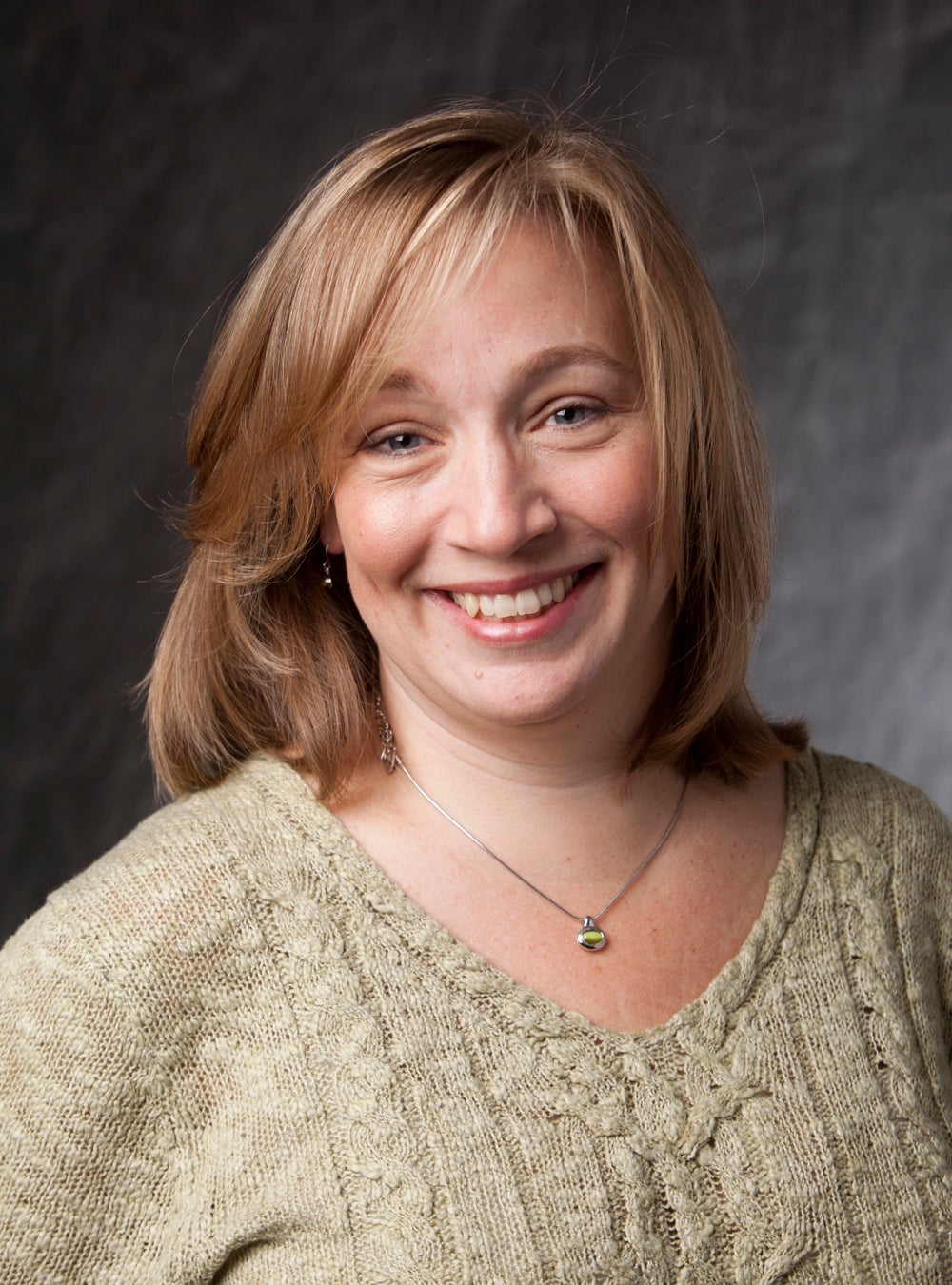
About
Dr. Karyn Rogers joined the faculty at Rensselaer Polytechnic Institute in 2013 after serving as a Research Scientist at the Carnegie Institution of Washington, Assistant Professor at the University of Missouri, and a Deep Ocean Exploration Institute Postdoctoral Scholar at Woods Hole Oceanographic Institution. Dr. Rogers completed her PhD in Earth and Planetary Sciences at Washington University in St. Louis, with previous degrees awarded from Stanford University (M.S. 2001) and Harvard University (A.B. 1996). Dr. Rogers is a member of the New York Center for Astrobiology (NYCA) and the Institute for Data Exploration and Applications (IDEA).
Dr. Rogers’ research focuses on the relationships between microbial communities and environmental conditions in extreme ecosystems, and is broadly applied to understanding the nature of the origin of life on Earth, the potential for life throughout the solar system, and the extent of life in modern extreme environments. To advance our understanding of environmental microbiomes in these systems, Dr. Rogers research program includes field research in early Earth and Mars analog environments as well as laboratory experimental studies of microbial behavior under extreme conditions. Additionally, the group is exploring the viability of abiotic synthesis of biomolecules over a range of early Earth conditions. The driving question in this research is how realistic environmental conditions combine to form habitable niches that can both support the early emergence of life as well as the long-term survival of life in these environments. Dr. Rogers’ fieldwork includes several terrestrial hydrothermal systems including Cerro Negro Volcano, Nicaragua, the Vulcano shallow marine hydrothermal system in Italy, and several modern deep-sea mid-ocean ridge environments. These field endeavors are combined with extensive laboratory analytical and experimental techniques to develop a holistic picture of functional microbial ecosystems. More specifically, laboratory techniques include cultivation of extremophiles under high pressure, high temperature, acidic, and anaerobic conditions; a next-generation genomics approach to determine the functional environmental microbiome in extreme systems; geochemical analyses and modeling of environmental and bioenergetics parameters; and the synthesis of these datasets using novel data analytics.
Dr. Rogers’ research program currently includes two postdoctoral associates, four graduate students (in both Earth & Environmental Sciences and the Department of Biological Sciences), and several undergraduate researchers. The laboratory is housed in Jonsson-Rowland Science Center and includes a state of the art high-pressure microbial cultivation facility. Additionally, Dr. Rogers is the US Lead for the Deep Carbon Observatory’s (Sloan Foundation) High Pressure Sampling, Transport, and Cultivation User Facility and the co-chair of the UNOLS Deep Submergence Science Committee New User Program. Dr. Rogers teaches courses in Geobiology, Aqueous Geochemistry, the Origin of Life, Advanced Geomicrobiology, and Planetary Habitability.
Ph.D. in Earth and Planetary Sciences, Washington University, 2006
A.M. in Earth and Planetary Sciences, Washington University, 2001
M.S. in Geological & Environmental Sciences, Stanford University, 2001
A.B in Environmental Science & Public Policy and Earth & Planetary Sciences, Harvard University, 1996
Research
Geomicrobiology, Astrobiology, Geochemistry
Publications
The following is a selection of recent publications in Scopus. Karyn Rogers has 30 indexed publications in the subjects of Medicine, Earth and Planetary Sciences, Agricultural and Biological Sciences.